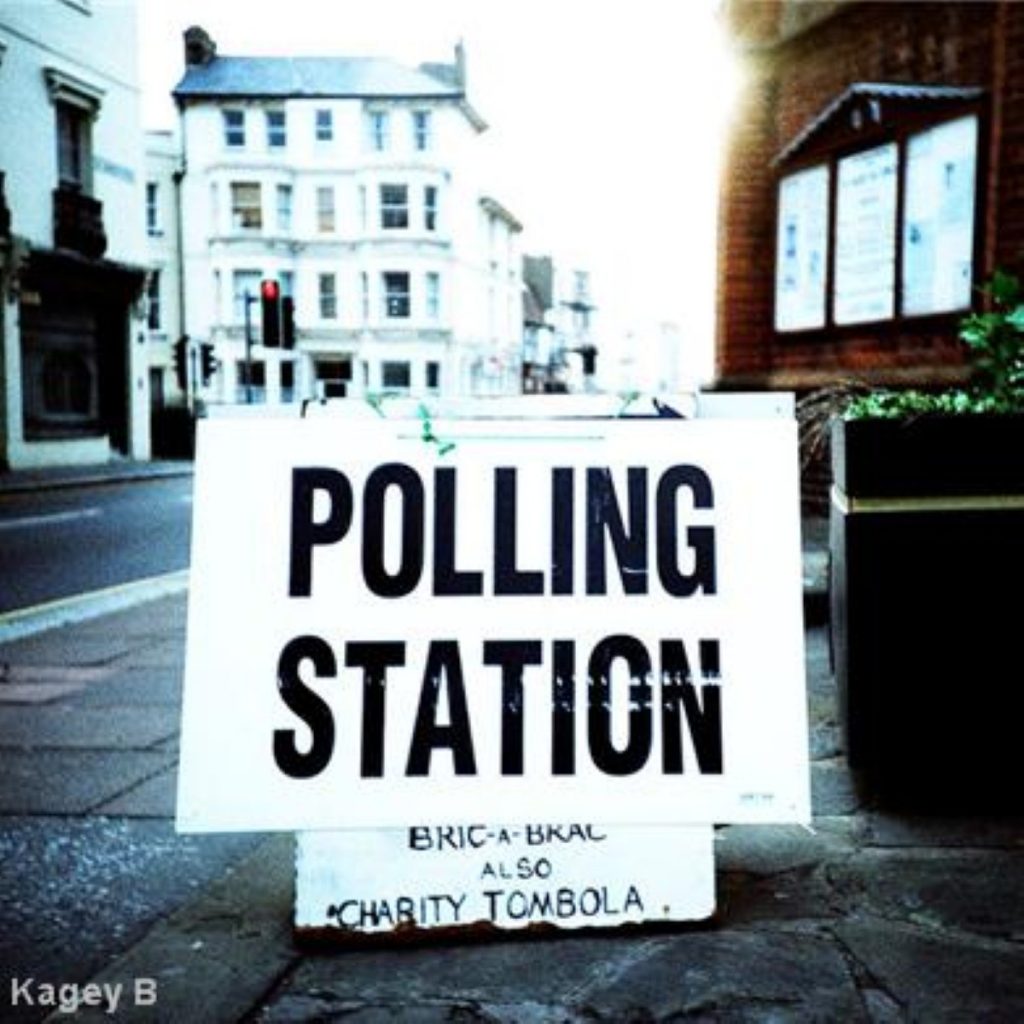Young Brits don’t care about politics
By Alice Cannet
An overwhelming majority of young people in the UK don’t trust politicians to make the right decisions for them, new research revealed.
Research published today by the Youth Citizenship Commission (YCC) found that 82 per cent of young Britons didn’t think politicians could represent them fairly.
It also found that 76 per cent of young people didn’t feel they could influence government decisions, another clear indication of the decreasing interest young people show for politics.
Young people, the public and youth organisations were consulted to form the research, which looked into issues such as youth citizenship and lowering the legal voting age.
YCC, an independent body set up in 2008 to find ways to get young people involved in the political process, has recommended a number of changes to increase youth participation.
They say that schools must provide pupils with the opportunity to register to vote and on election days they should turn into polling stations.
Feature: The voting age controversy
One recommendation was that the government should appoint panels of young people to assist them on issues of interest to young people such as job prospects and justice.
Other key ideas included lowering the voting age to 16 and developing a scheme under which young people who take part in citizenship activities would be rewarded.
It was suggested that parliament could also decide to allow Scotland, Wales and Northern Ireland to lower their voting ages if a consensus was reached in those countries.
Parliament should also pay for and promote the UK Youth Parliament, while effective and consistent citizenship education were put at the heart of government’s educational policies.
Citizenship Education is compulsory in England for 11-16 year olds and different approaches in the devolved regions have emerged within each national education system.
While in Wales, citizenship is not a distinct subject, in Northern Ireland, the subject is compulsory and reflects the particular political circumstances of the country. In Scotland it is taught as a cross-curricular or whole-school theme.
But these differences could be problematic. And if the voting ages were to end up at different levels, a coherent citizenship education programme across the UK could be difficult to achieve.
At present, young people have to wait two years before they can put into practice what they learn in their citizenship education classes by voting, a common argument for lowering the voting age to 16.
The commission also called for the creation of a universal and collaborative network of school and class councils and for student representatives to appear on the school’s governing body.
Chairman Jonathan Tonge said: “Our research has shown that young people don’t engage in politics because they feel they can’t change things and they don’t know how to get involved.
“Although it’s evident that more needs to be done with regards to engagement, we’ve seen that a considerable number of young people are already involved in citizenship activities and are making a great contribution to the world around them,” he added.
“It’s important to recognise that citizenship isn’t just about voting – it’s about all the things that make up a democracy from signing petitions to community campaigning.
“We want to develop youth citizenship for the future, with young people being helped to become fully active within local communities and the broader political system.”
Local authorities, the commission said, should synchronise and promote youth citizenship opportunities and Key Stage 4 should include a compulsory programme for youth civic service.
Bridget Prentice, minister in charge of youth democratic engagement, said: “In a democracy, it’s important that politicians’ decisions take into account the views of all citizens. This is why it is crucial to engage the UK’s young people and encourage them to take an active role in politics.
“Young people have a lot to offer this country. If we can channel their creativity, energy and enthusiasm, we can empower young people to become active citizens.”
A lack of research into the attitudes and behaviour of young people and their propensity to become active citizens made it difficult to move further, the commission found.





-01.png)